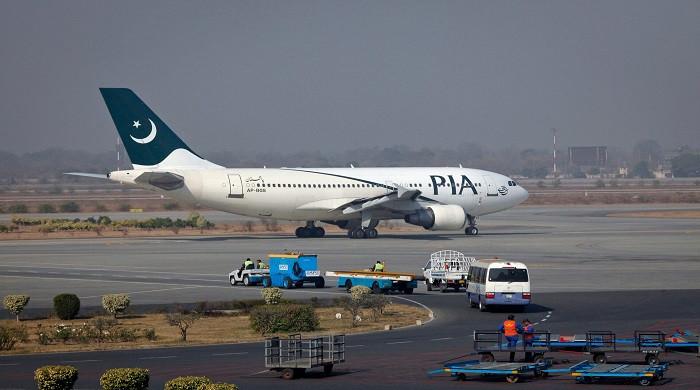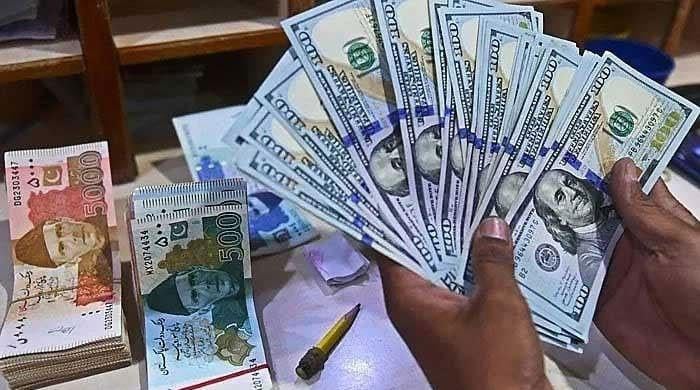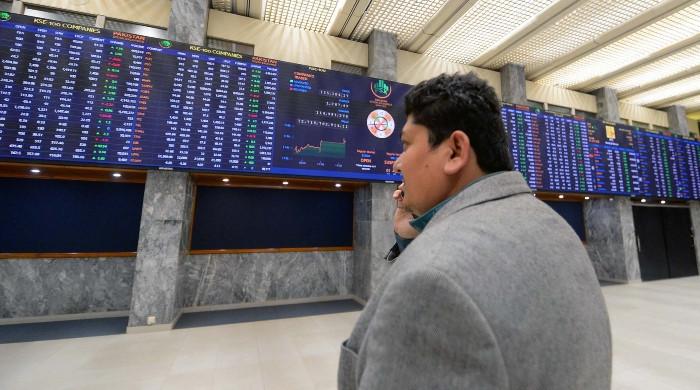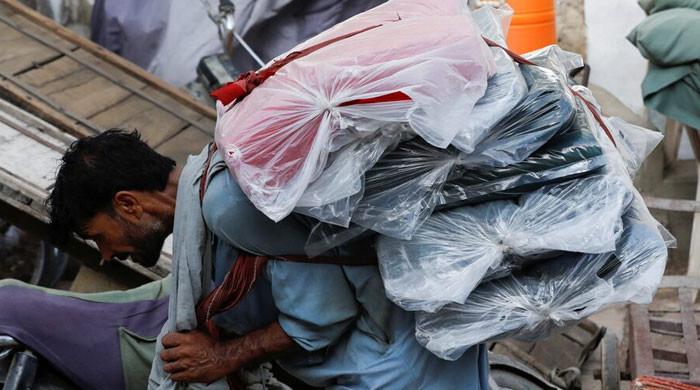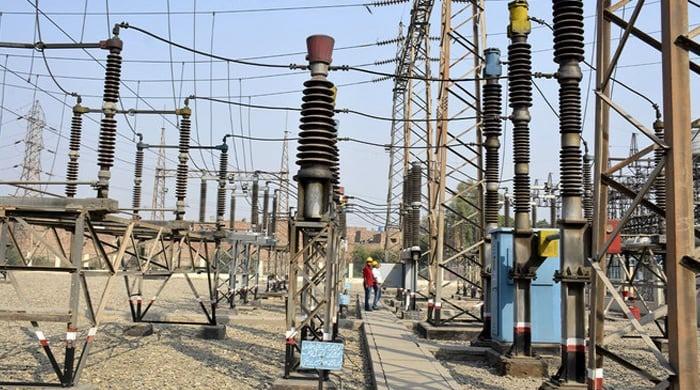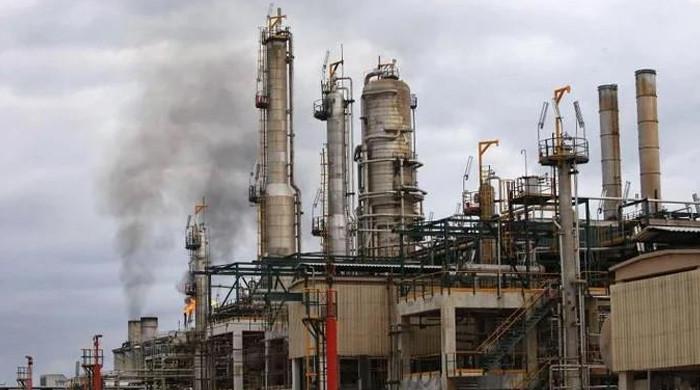IMF funds can't be used for political purposes sans parliament approval: Finance Division
Sources say IMF feared funds might be used in upcoming elections — and not for reforms or development
May 20, 2023
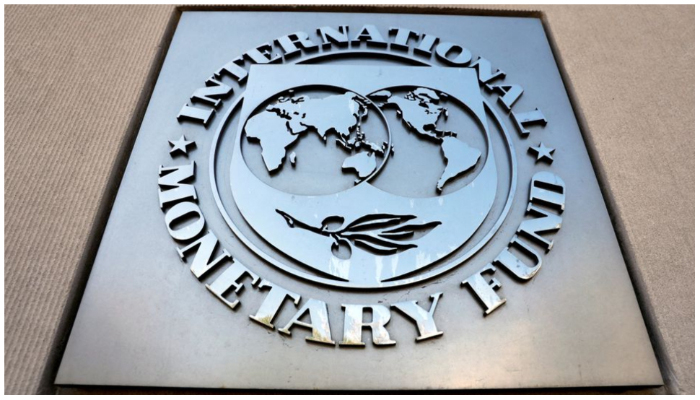
- Govt says IMF has never raised concerns about funds' utilisation.
- Sources say deepening Pakistan-China relations also behind delay.
- Another reason for delay is political volatility in Pakistan: sources.
ISLAMABAD: The Finance Division Saturday clarified the International Monetary Fund (IMF) had not raised concerns over the government's possible use of loans from the international lender for electioneering.
In a statement, the division said certain sections of the press have reported that the delay in signing an agreement with the IMF is because the lender wants assurance from the finance ministry that the funds will not be utilised for political purposes.
"It is clarified that this news is false and unfounded as IMF has never raised any such concern with the government nor any funds can be utilised for any purpose without the approval of the Parliament through the budget," the statement added.
The clarification comes after sources told Geo News that amid a widening trust deficit between the IMF and the Pakistani government, the lender fears the funds might be used in the upcoming elections — and not for reforms or development.
The IMF wanted the government to not deviate from the targets outlined in the budget and not use the money allocated for one sector in another, they added.
The sources said that another reason behind the delay in reaching an agreement with the multilateral institution is the deepening economic relations between Pakistan and China.
They said a third reason is the country's political situation, which has turned even more volatile recently following countrywide riots in the aftermath of Pakistan Tehreek-e-Insaf (PTI) Chairman Imran Khan's arrest.
Amid the delay in the agreement, the country's foreign exchange reserves have fallen to less than a month's import cover after the IMF funding stalled in November, hit by snags over fiscal policy adjustments after officials of the lender visited Islamabad in February for talks.
They formed part of a ninth review exercise on a bailout package of $6.5 billion agreed upon in 2019, the resumption of which is critical for Pakistan to avoid risking default on external payment obligations.
Pakistan had to complete actions demanded by the IMF, such as reversing subsidies in its power, export and farming sectors, hikes in the prices of energy and fuel, and a permanent power surcharge, among other measures.
These steps included jacking up its key policy rate to an all-time high of 21%, a market-based exchange rate, arranging for external financing, and raising more than Rs170 billion ($613 million) in new taxes.
The IMF programme will disburse another tranche of $1.4 billion to Pakistan before it concludes in June.
Funds from the lender will also unlock other bilateral and multilateral financings for the cash-strapped country.





